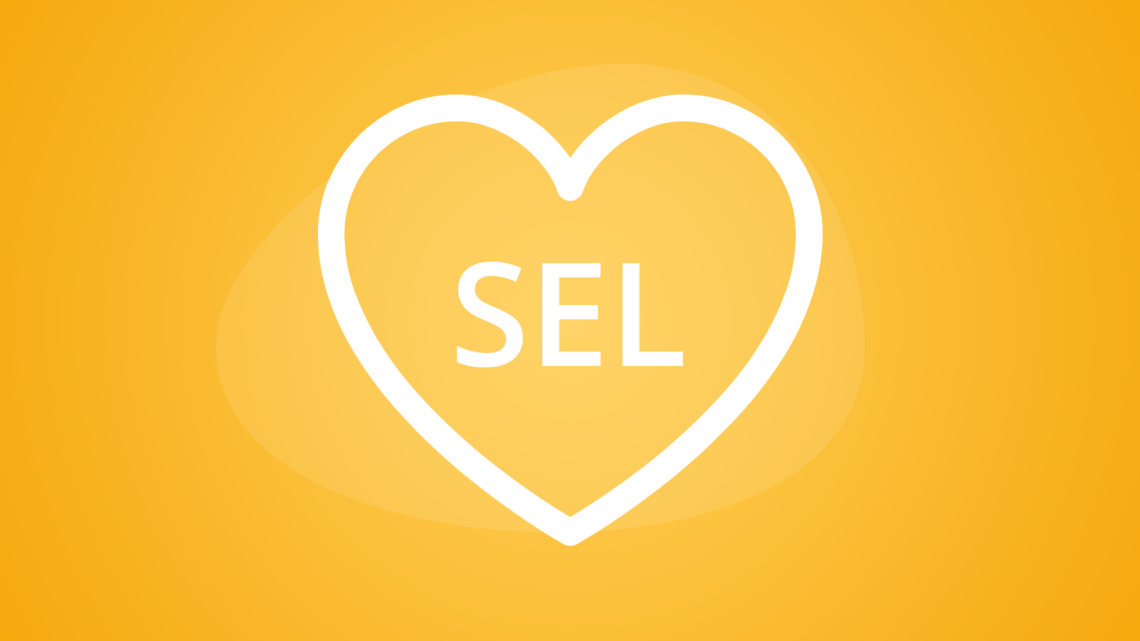What is Social Emotional Learning? Understanding SEL in the UK

You may have heard the term SEL (or social emotional learning) being used a lot more frequently in the last few months as it gains popularity in the UK. This article explores the what and the why of this exciting innovation so that you can better understand it and even start benefiting from it in your own classroom.
What is SEL?
Social emotional learning (SEL) is a process through which students learn to manage their emotions, set goals, establish positive relationships, and make responsible decisions. SEL is increasingly being recognised as an essential component of education, and for good reason, with benefits including reduced negative behaviour, academic success and better mental health.
SEL is not a separate subject, but more of a holistic approach to learning that is integrated into all aspects of a student's education. That means SEL can be in the classroom, at home, or anywhere!
Why is SEL important in schools?
SEL is important because it helps students develop the skills they need to manage their emotions and build positive relationships with others. Assuming that all children in your school have these life skills to the same degree means many get left behind. SEL stops this from happening by ensuring all students have an equal opportunity to learn these important skills. Students who have strong social emotional skills are more likely to have successful careers, healthy relationships, and fulfilling lives.
What are the core competencies of SEL?
The Collaborative for Academic, Social, and Emotional Learning (CASEL) has defined five core competencies of SEL:
- Self-awareness: the ability to recognise and understand one's own emotions, thoughts, and values.
- Self-management: the ability to regulate one's own emotions, thoughts, and behaviours.
- Social awareness: the ability to understand and empathise with others' emotions, thoughts, and perspectives.
- Relationship skills: the ability to establish and maintain positive relationships with others.
- Responsible decision-making: the ability to make ethical and constructive choices about personal behaviour and social interactions.
These competencies are the foundation of SEL, 5 key life skill areas that educators can focus on to improve the lives of their students.
This framework is highly effective, approved by the Education Endowment Foundation for use in UK schools because of the phenomenal results it can produce.
SEL programmes teach these core competencies through classroom instruction, group activities, and individual counselling. Teachers and staff can also model SEL skills in their everyday behaviours, creating a supportive and inclusive school environment.
How can you implement SEL in schools?
Skills helps you implement SEL in your school in a few simple steps:
- Assessment: students and teachers do quick, simple assessments
- Interventions: automatic intervention grouping ensures no child gets left behind
- Lessons: lessons and self-studies make detention time productive
- Data: data is stored on an intuitive dashboard to help you track progress
With assessment taking only around an hour per teacher per class and a few minutes per student, you can get this process up and running quickly to start seeing real progress. SEL Skills is cyclical, meaning you move through these steps in a cycle to keep building your students’ skills.
Book a demo to learn more about Skills.